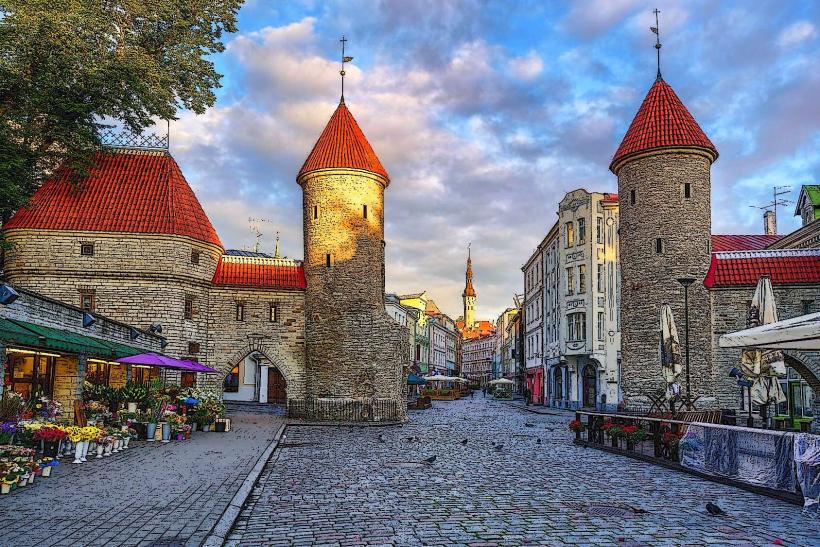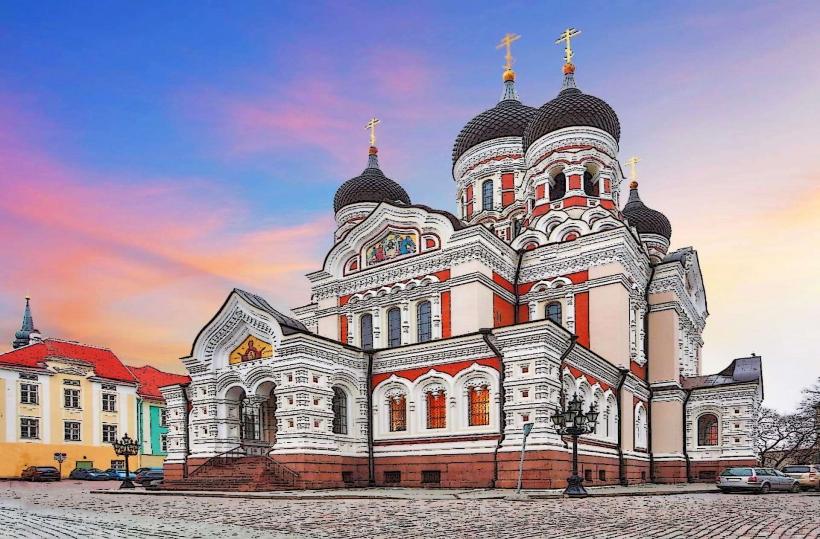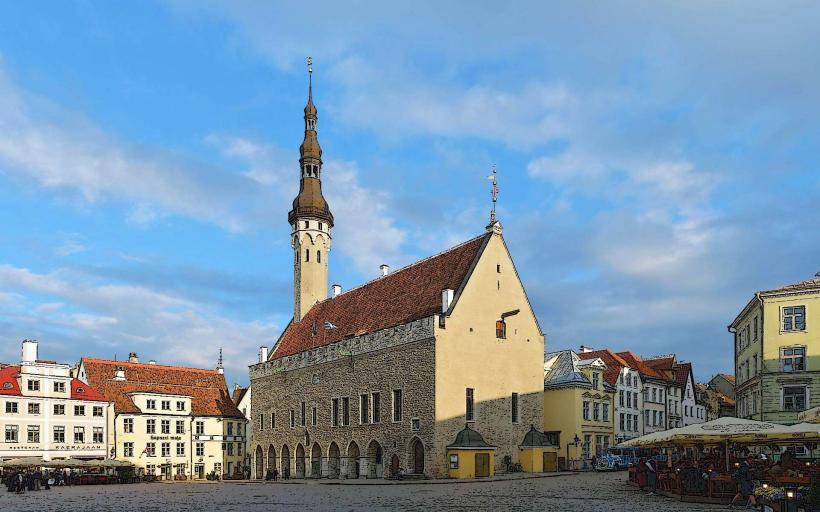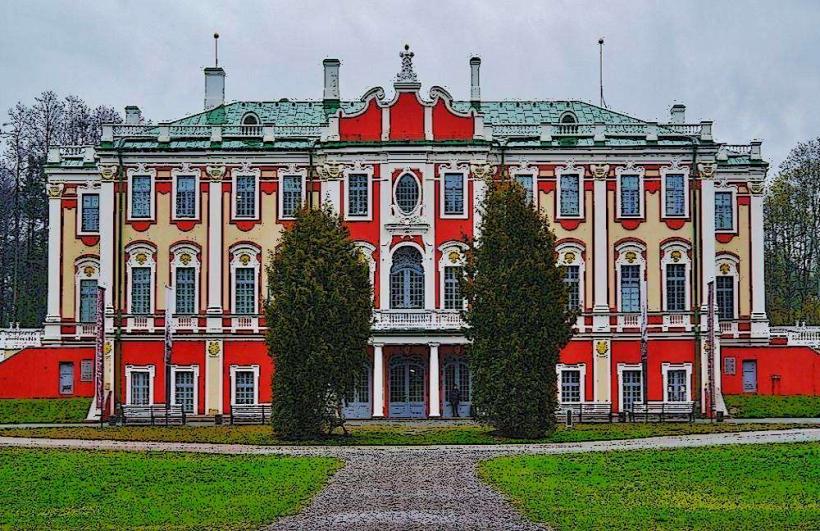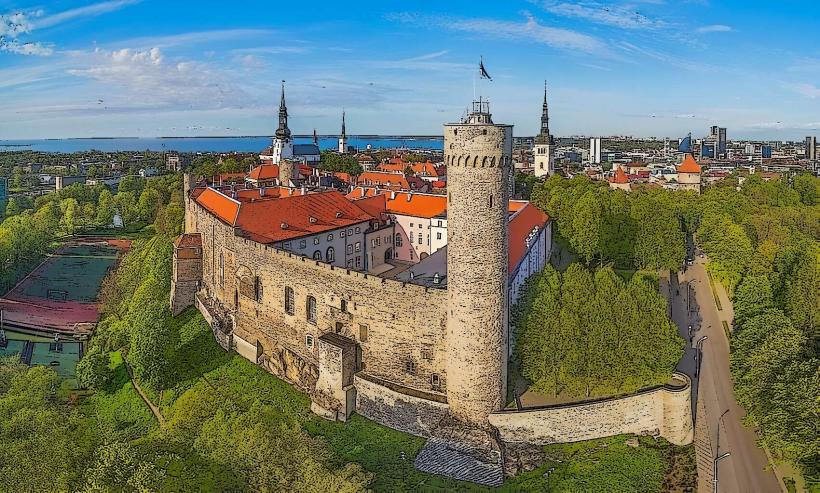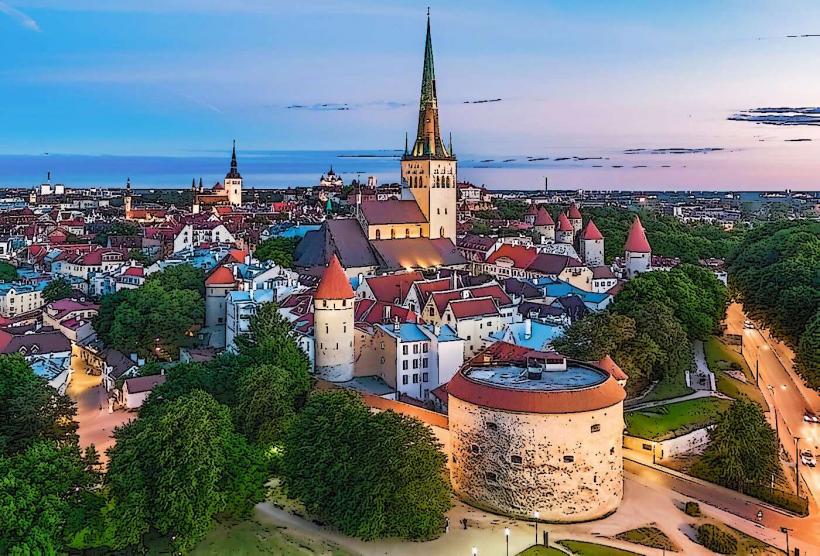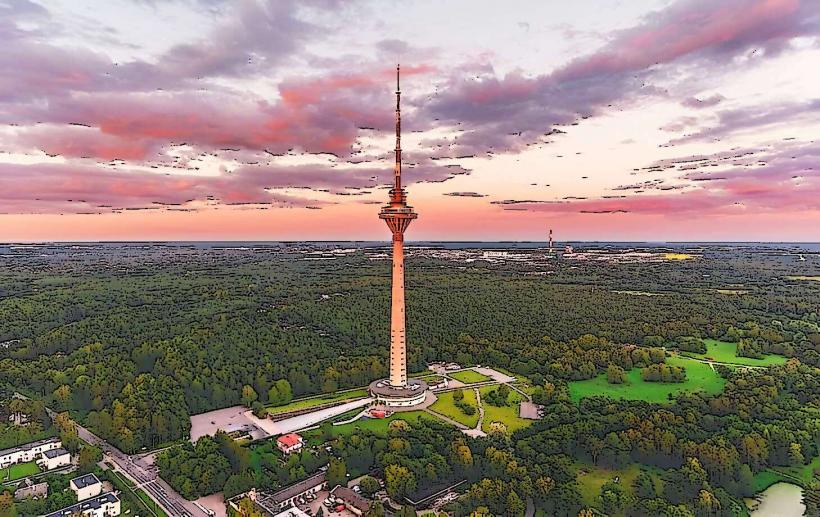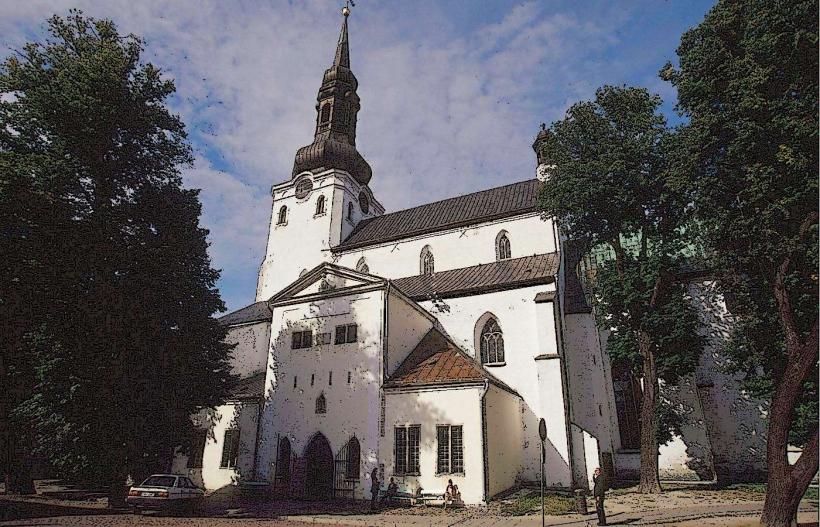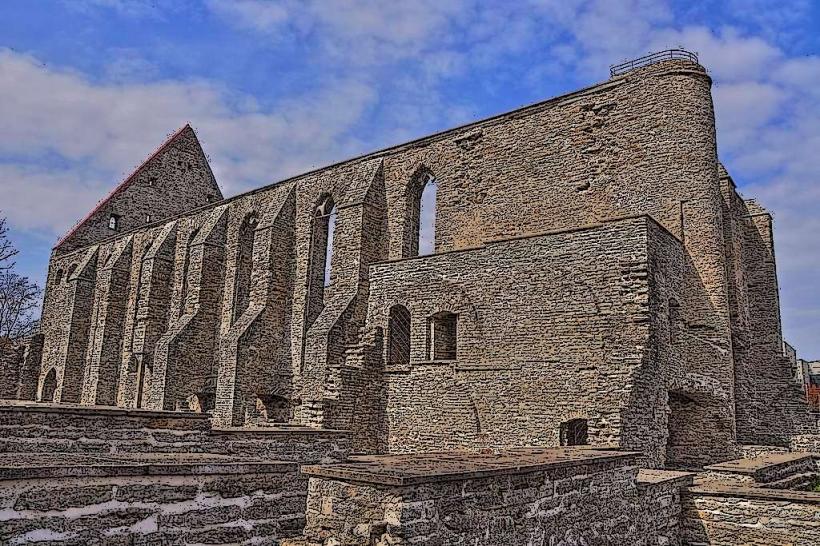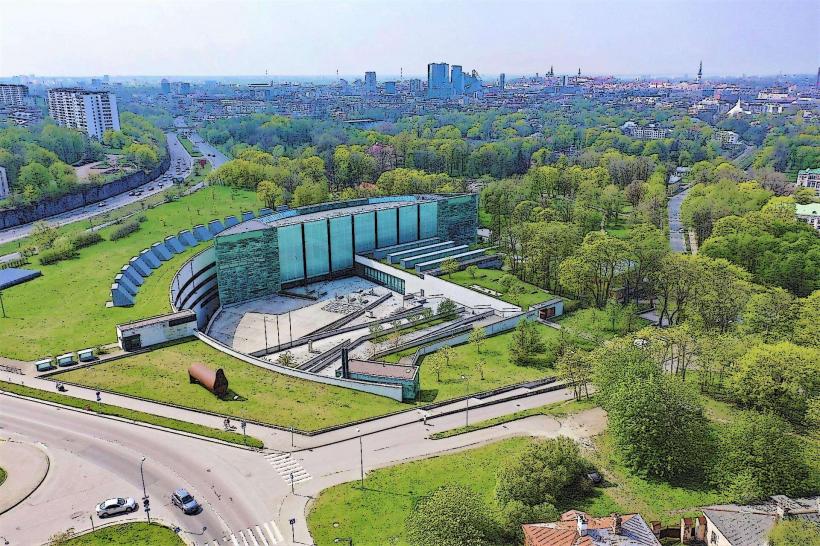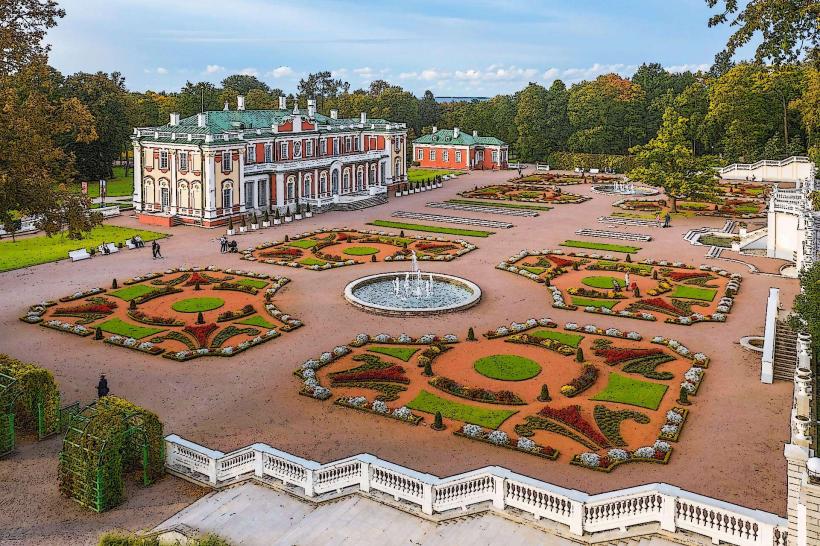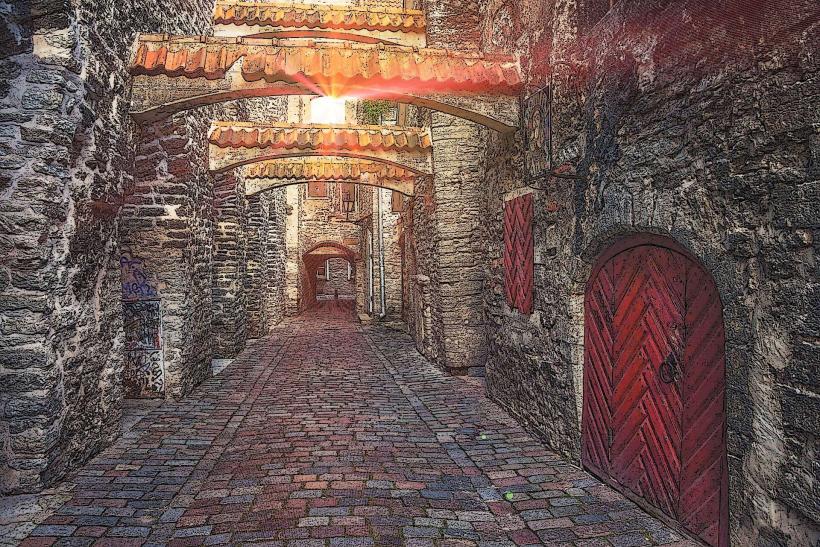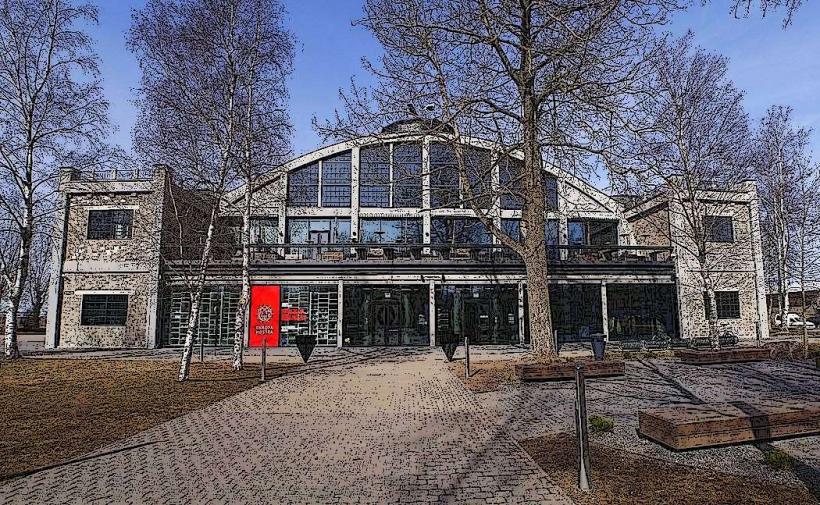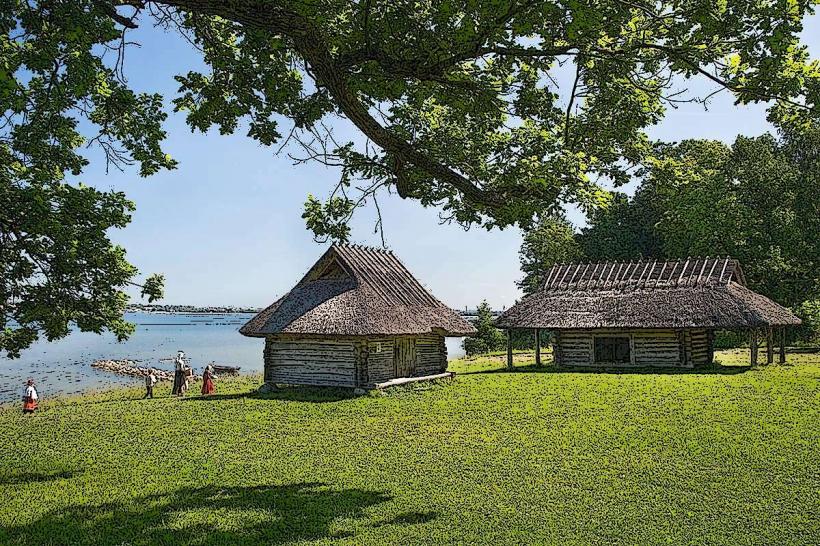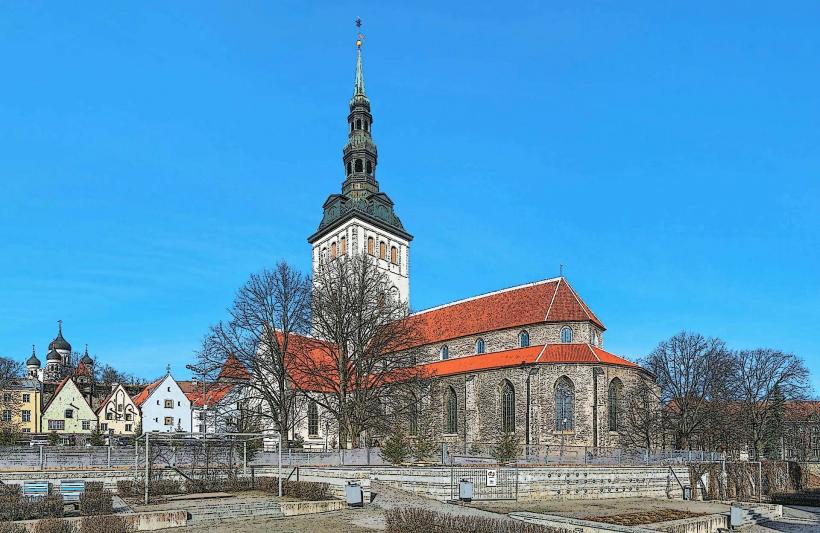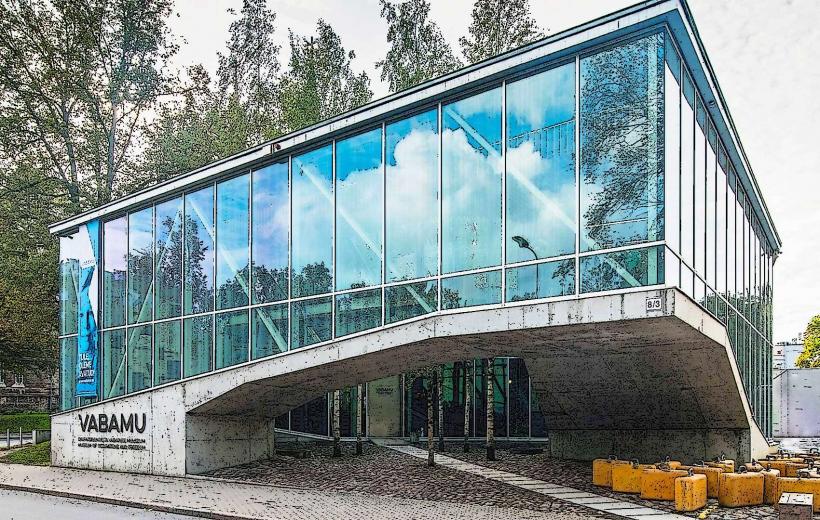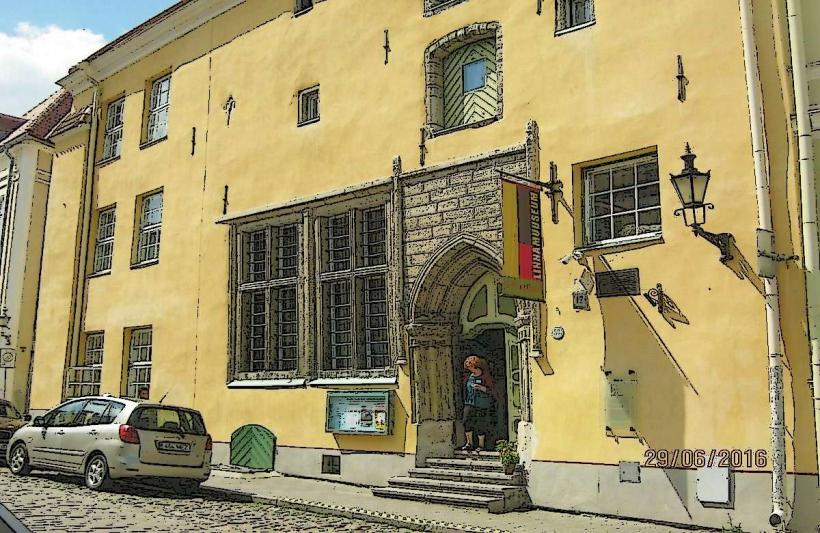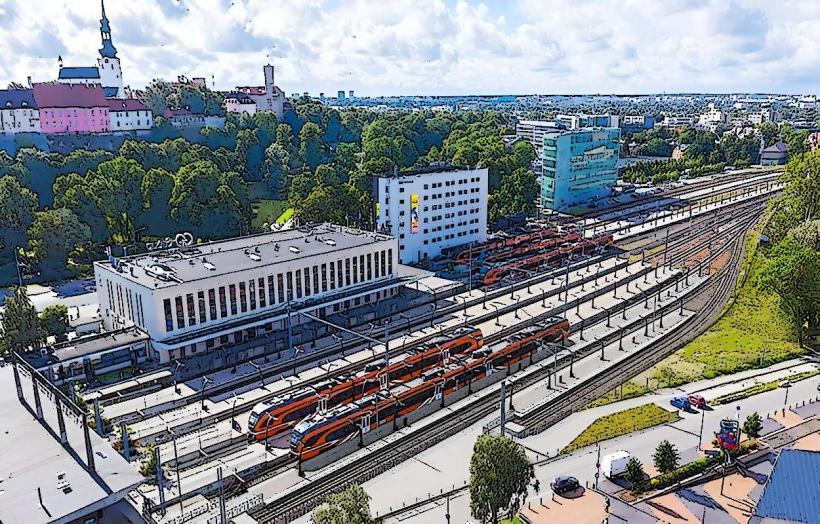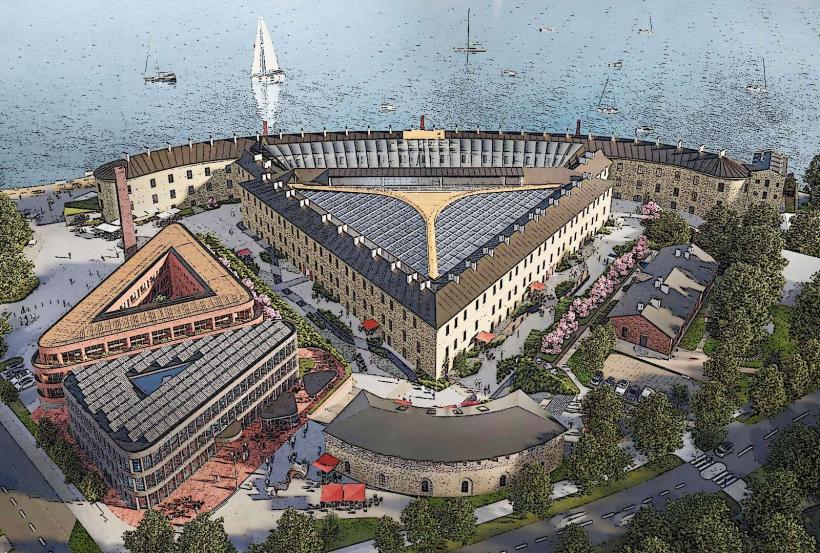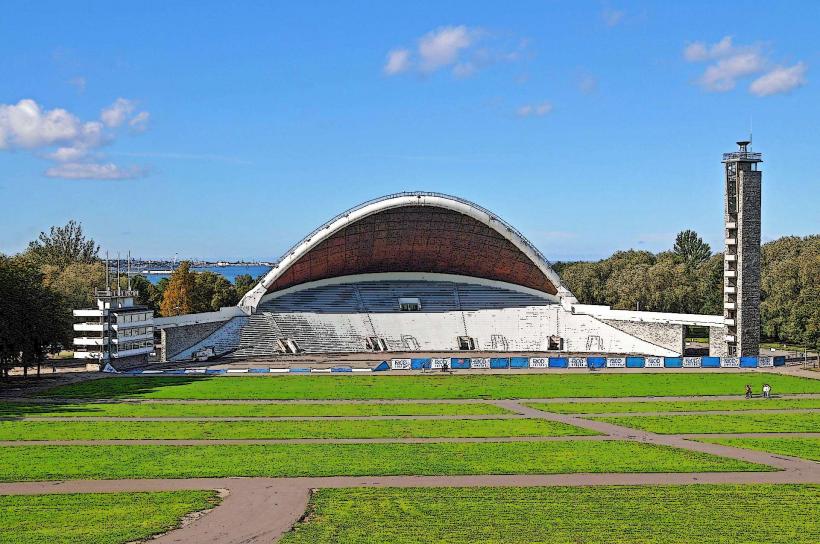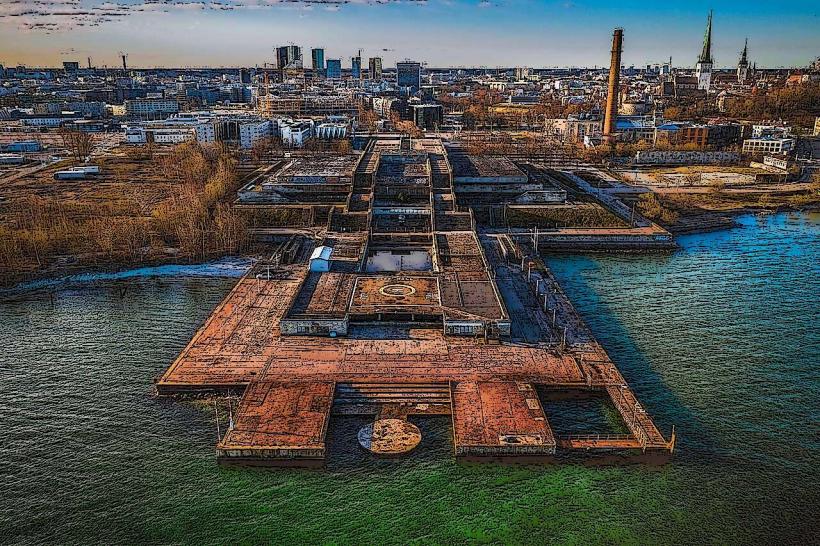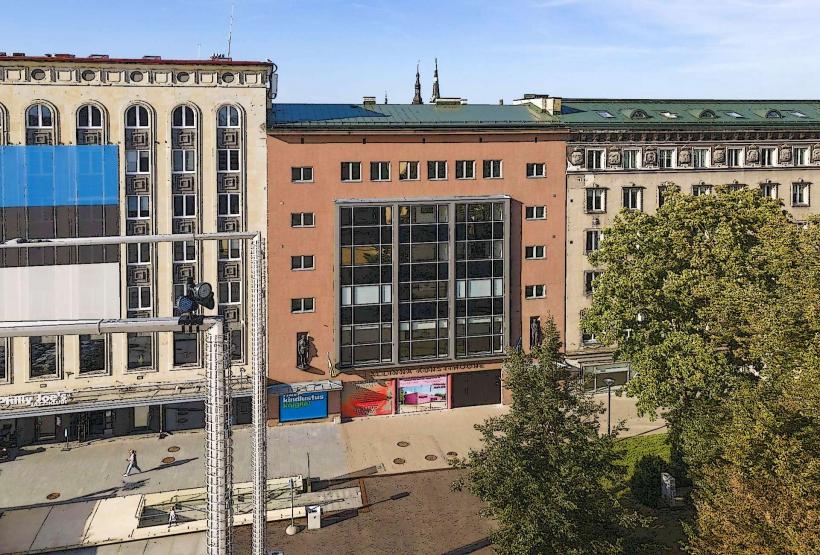Information
Landmark: Kalamaja DistrictCity: Tallinn
Country: Estonia
Continent: Europe
Kalamaja District, Tallinn, Estonia, Europe
The Kalamaja District is a historic residential area situated immediately north of Tallinn-old-town_tallinn" class="underline">Tallinn Old Town in Tallinn, Estonia. It is primarily characterized by its distinctive wooden architecture and a blend of industrial heritage with modern urban development.
Visual Characteristics
The district is dominated by two- to three-story wooden apartment buildings, many constructed in the "Tallinn House" style, which features a stone staircase and a central brick core with wooden wings. Building facades display a range of colors, from natural wood tones to painted pastels and deeper hues. Streets are generally narrow, lined with mature trees, and often feature small gardens or courtyards. Industrial structures, such as the former Patarei Prison and various factory buildings, contribute a contrasting brick and concrete aesthetic, particularly along the waterfront.
Location & Access Logistics
Kalamaja is located directly north of Tallinn Old Town, bordered by the Baltic Sea to the west and north. From the city center (Viru Square), the district is approximately 1.5 to 2.5 kilometers northwest. Public transport is efficient, with tram lines 1 (Kopli-Kadriorg) and 2 (Kopli-Suur-Paala) providing direct access via multiple stops within the district, such as "Telliskivi" or "Salme." Several bus lines also serve the area. Limited street parking is available, often paid, and can be competitive, particularly near popular venues. Designated parking lots exist near Telliskivi Creative City and the Seaplane Harbour Museum.
Historical & Ecological Origin
Kalamaja's origins trace back to the 14th century as a fishing village, its name translating to "fish house." It developed significantly in the late 19th and early 20th centuries as a residential area for workers of the nearby port and industrial enterprises. The characteristic "Tallinn House" architectural style emerged during this period, designed to provide affordable, multi-family housing. The district's development is entirely man-made, evolving from a coastal settlement to an industrial suburb and now a revitalized urban neighborhood.
Key Highlights & Activities
Visitors can explore the unique wooden architecture by walking along streets such as Vana-Kalamaja, Salme, and Valgevase. The Seaplane Harbour Museum (Lennusadam) offers maritime history exhibits within a historic seaplane hangar. The Telliskivi Creative City provides a hub for independent shops, restaurants, and cultural events. Walking tours focusing on the district's history and architecture are frequently available. The coastal promenade offers opportunities for leisurely strolls along the Baltic Sea.
Infrastructure & Amenities
The district features numerous cafes, restaurants, and small grocery stores, particularly concentrated around Telliskivi Creative City and Balti Jaam Market. Public restrooms are available within larger establishments like museums and restaurants, but dedicated public facilities on the streets are limited. Shade is provided by street trees and building overhangs, but open areas can be exposed. Cell phone signal (4G/5G) is consistently strong throughout the district.
Best Time to Visit
The best months to visit Kalamaja for pleasant weather are from May to September, when temperatures are mild and daylight hours are long. For photography, early morning or late afternoon light provides softer illumination, highlighting the textures and colors of the wooden buildings. The district is accessible year-round, but winter months can be cold and snowy, altering the visual character of the streets.
Facts & Legends
A unique architectural feature of Kalamaja is the "Tallinn House" (Tallinna maja), a specific type of wooden apartment building developed in the early 20th century. These structures are characterized by a central stone staircase and a brick fire wall, flanked by wooden living quarters on either side. This design was a practical solution for providing multi-family housing while adhering to fire safety regulations of the era, making it a distinctive and historically significant urban housing model.
Nearby Landmarks
- Telliskivi Creative City: 0.2km South
- Balti Jaam Market: 0.5km Southeast
- Seaplane Harbour Museum (Lennusadam): 0.8km Northwest
- Patarei Prison: 1.0km West
- Tallinn Old Town (Fat Margaret Tower): 1.0km Southeast

